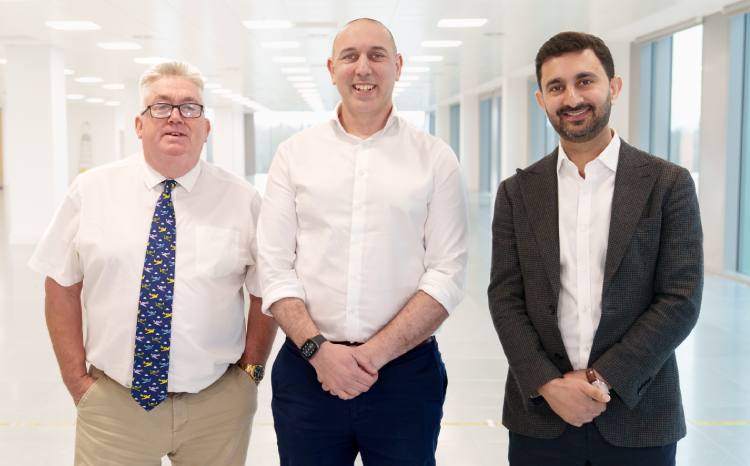CIOs and CCIOs must be involved at board level – Bryant
- 19 June 2017

Beverley Bryant has said NHS IT leaders should be involved at the board level of healthcare trusts.
NHS Digital’s outgoing director of digital transformation told the NHS Confederation conference on 15 June that chief information officers (CIOs) and chief clinical information officers (CCIOs) need to be able to influence board level decisions.
“The recent cyber-attacks have shone a light on the awareness that our boards have and some are starting to put CCIO and CIOs at board level, but it’s only gradual, we need to have more authority, more senior leadership around technology and clinical informatics.”
The cyber-attacks that affected 47 trusts last month saw WannaCry ransomware force some organisations to turn off their IT systems.
Bryant said IT professionals need to be attracted into the NHS.
“The issue is really skills”, said Bryant, “the number of professionals that we’ve got supporting is not comparable to the rest of the world”.
Bryant told the audience of NHS leaders in Liverpool that it needs to be “why would you want to work in banking when you can support the NHS?”.
The Wachter report, written by US ‘digital doctor’ Robert Wachter and commissioned by Jeremy Hunt, argued there must be a “major effort” to improve the presence of CIOs and CCIOs at trusts. It recommended an average trust should have five CCIOs.
“The dearth of professional, well-supported CCIOs with appropriate authority and resources is an enormous obstacle to successful deployment and benefits realisation of health IT at the trust level”, the report argued.
It said that £42 million should be invested in developing a new cadre of NHS IT leaders.
The NHS Digital Academy, which will be training 300 CIOs and CCIOs was referred to by Bryant in her speech, and will begin this September offering a 12-month course. In November 2016, it was announced it will be a “virtual organisation”.
A £6 million three-year contract was issued by Capita in March, acting on behalf of NHS England, for a partner to run the Academy.
Digital Health News has been promoting the role of CIOs and CCIOs through the respective networks for each professional group, and in April issued an open invitation to partner with potential bidders on the Academy.
Bryant said that in the last couple of years technology had come in from the cold for the NHS.
“Over the past two or three years there’s been an acceptance by the system, by parliament, by the centre, that actually we can do technology. We’ve moved on from the wilderness years and there’s an acceptance that we actually now need to invest in technology.”
Examples of this were 97% of patient records in summary care records, community pharmacists accessing the summary care record and Skype conferences by multi-disciplinary teams.
However, a House of Lords select committee report published in April was highly critical on the current state of IT in the NHS.
The document, released on 5 April and produced by the select committee on the long-term sustainability of the NHS, expressed concerns about the lack of unity and direction for NHS health technology.
“There is a worrying absence of a credible strategy to encourage the uptake of innovation and technology at scale across the NHS”, it said.
Bryant is leaving NHS Digital in August to join health software supplier System C.






1 Comments
But …a) CIOs need to be strategic rather than operational in attitude and capable of making a wider contribution to board discussions;
b) emancipate themselves from their (common) role as managers of outsourced contracts;
c) really understand healthcare and the ways in way data and digitisation can (and cannot) move us forward.
Comments are closed.